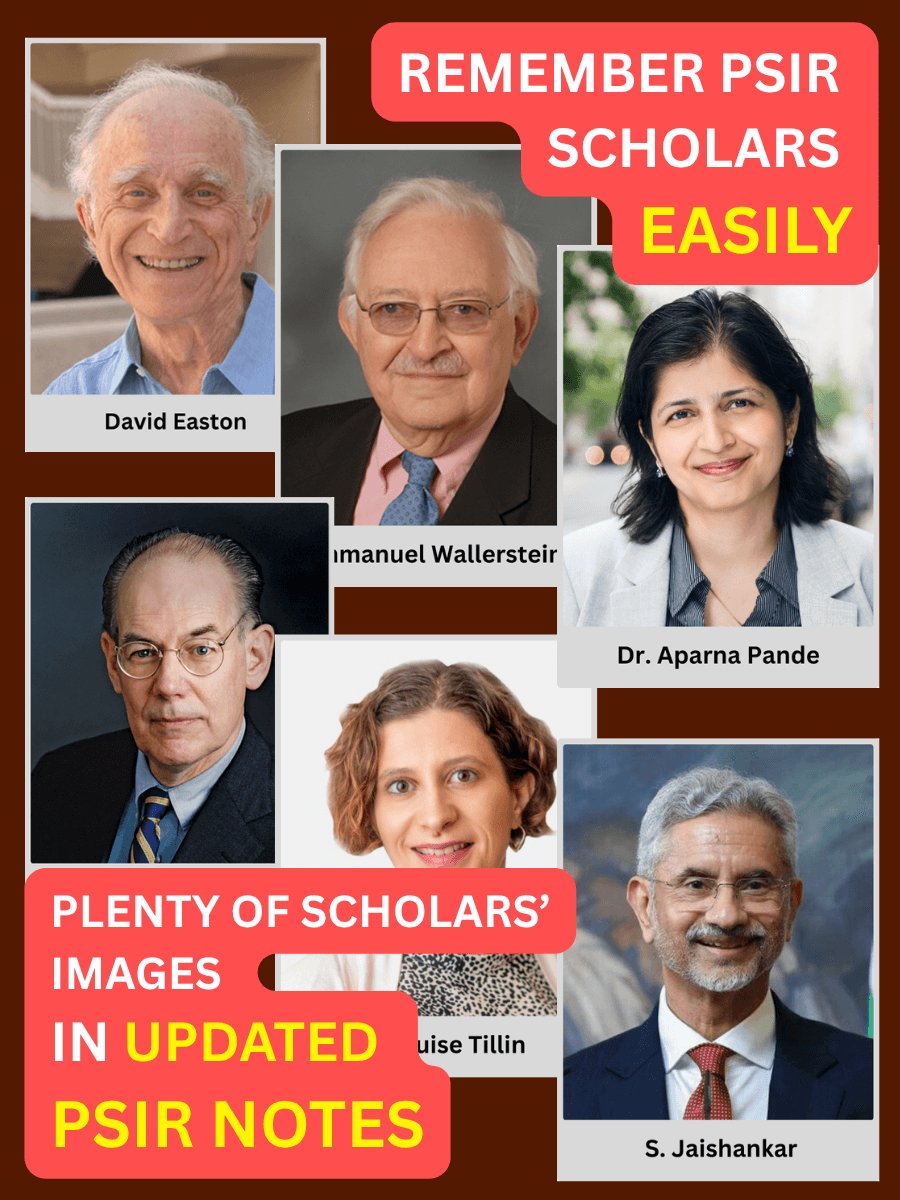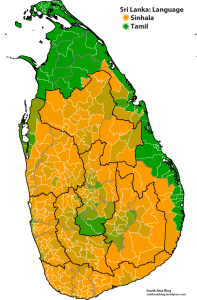1. Introduction
NCSC was established by amending the article 338 and inserting a new article 338 (A) through the 89th Constitutional Amendment Act 2003. By this amendment the erstwhile officer for Scheduled Castes and Tribes was replaced by two separate commissions.
In the original constitution, the article 338 provided for special officers for SCs and STs to protect their interests and evaluate their progress in the country. In 1988, union government initiated the 65th constitutional amendment act after finding that the institutional support was insufficient.
In 1990 National commission for SC and ST was established as constitutionally approved institution to protect interest of SCs & STs.
Later in 2003, 89th constitutional amendment act replaced the National commission for SC and ST with two separate commission.
While Article 338 established NCSC, Article 338(A) establishes NCST.
2. Composition
Chairperson, vice chairperson and 3 full time members including one woman member.
3. Function
Article 338(5) & 338(A)(5) lists the functions of NCSC & NCST.
- To investigate and monitor all matters relating to the safeguards provided for the Scheduled Castes/Tribes under this Constitution or under any other law for the time being in force or under any order of the Government and to evaluate the working of such safeguards.
- To inquire into specific complaints with respect to the deprivation of rights and safeguards of the Scheduled Castes/Tribes.
- To participate and advise on the planning process of socio-economic development of the Scheduled Castes/Tribes and to evaluate the progress of their development under the Union and any State.
- To present to the President, annually and at such other times as the Commission may deem fit, reports upon the working of those safeguards.
- To make in such reports recommendations as to the measures that should be taken by the Union or any State for the effective implementation of those safeguards and other measures for the protection, welfare and socio-economic development of the Scheduled Castes/Tribes.
- To discharge such other functions in relation to the protection, welfare and development and advancement of the Scheduled Castes/Tribes as the President may, subject to the provisions of any law made by Parliament, by rule specify.
4. SC ST Prevention of Atrocities Act 1989
The act prohibits the commission of offences against members of SC and ST and establishes special courts for such offences and rehabilitation of victims. The act defines atrocities as being forced to:
- Hear or drink something offensive.
- Parading an individual naked.
- Sexually assaulting a woman.
- Forced to leave house or village.
These acts are termed atrocities, only when they are committed by non-SC/ST member against SC/ST individual.
The offences registered under the act are cognisable offences with no requirement for the police to obtain a warrant against an errant individual. Moreover, it is a non-bailable offence under which bail can be denied.
The punishment under the act ranges from a minimum of 6 months to 5 years.
Under the act, public officials, if failed to uphold the act or neglect its implementation, it can become a ground for punitive action against them including a jail term up to 1 year.
Act also talks about the need for the state to ensure the rehabilitation of the victims.
Misuse of Atrocities Act
The Scheduled Castes and Scheduled Tribes (Prevention of Atrocities) Act, although powerful tool to fight caste-based discrimination, faces concerns about misuse.
- There are allegations of filing false cases to settle personal disputes, threaten others, or extort money.
- Sometimes, minor arguments or disagreements are misconstrued as caste-based offenses under the Act. This overburdens the legal system and divert resources from genuine cases.
- The Act’s provisions for mandatory arrest can be misused to harass government officials, especially those dealing with SC/ST communities, for taking legitimate actions. This can discourage public servants from performing their duties effectively.
In this light, in March 2018 Judgment, the Supreme Court issued a verdict that introduced some safeguards to prevent misuse of the Act. These included requiring a preliminary inquiry before arresting someone accused under the Act and allowing anticipatory bail in certain situations.
The judgment sparked protests by Dalit and Adivasi communities who felt it weakened their protection. The government responded by passing a law in Parliament in August 2018 that overturned the Court’s March 2018 judgment and restored the original provisions of the Act.
Later, the Supreme Court itself acknowledged that its March 2018 judgment had strayed into legislative territory. It essentially reversed its own decision and upheld the provisions of the Act challenged earlier.
[ For social and political concerns of Scheduled Castes, please visit topic 9] Caste, Religion and Ethnicity in Indian Politics.]









